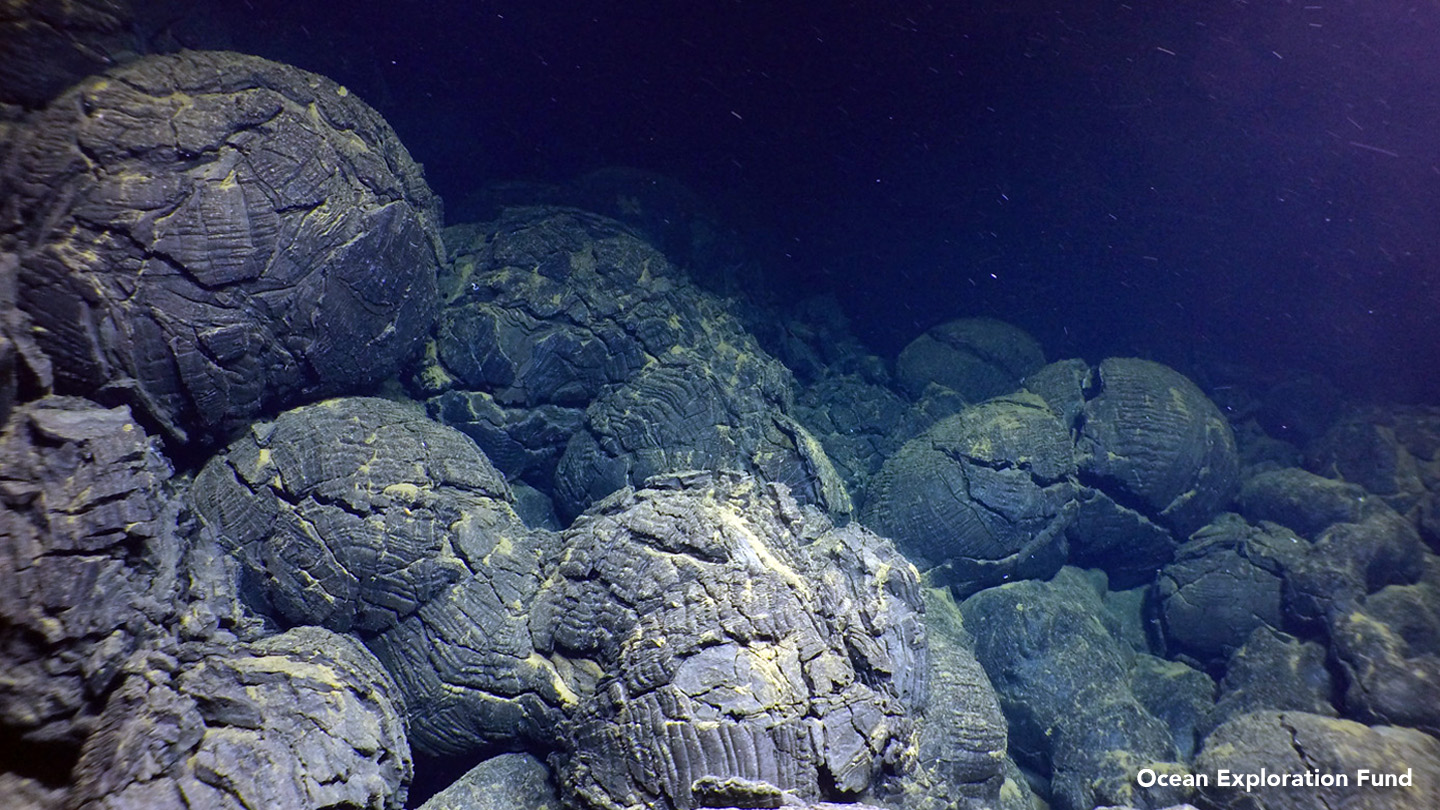Academic reasoning and theoretical framework

The term Ocean Literacy (OL) has been defined since 2004 on the knowledge we transfer through formal education, capacity building, and literacy programs on how ocean’s influence on people’s everyday life and what we know on the effect of human activities on the ocean (OLI, 2005). This trend began with academic meetings that brought together scientific researchers, educators, and decision makers in the US.
The essence of the ocean literacy effort are the results of scientific research that recognizes the ocean’s role as food, energy, mineral and active compound sources, as climate change regulator, as a biodiversity repository, as a provider of economic, social, and aesthetic services that require our urgent actions for its sustainable use.
OL's is justified because it responds to the scientific community's concern for the omission of the seas in the educational curriculum, the lack of public awareness, and the need to consider the importance of the oceans in decision-making of (Schoedinger et al., 2005). Themes that strengthen formal education have been integrated these past years (Schoedinger et al., 2010). As a result of these meetings the following products are available: the 2005 guide to the “Essential Principles and Fundamental Concepts of Ocean Sciences for Learners of All Ages" (OLF, 2013), 32 published papers, and 20 conference summaries that have been integrated over 13 years since its origin (Costa & Caldeira, 2018).
The theoretical framework of this proposal is centered in Ocean Literacy based on dialogue in science and the nature of scientific literacy.
Before COVID-19 stroke our lives, the project’s goal was to carry out a training programme for high school and college level teachers. This programme that was cancelled due to the pandemic restrictions to travel and meet, the lack of a platform that could allow at distance training and the lack of a training platform. However, the creation of an exclusive open access portal of Ocean Literacy and linking Earth Sciences and Biology, Art and Design graduate students in Marine Sciences and Limnology allowed us to inspire them. We foresee that the portal will help to enrich ocean’s knowledge in youth education. With this effort we expect to generate a greater individual commitment and interest in the oceans, by creating links with civil society, the non-governmental associations, the sectors through this effort to convey the most basic knowledge of our oceans.
Referencias:
Costa, S. & R. Caldeira. 2018. Bibliometric analysis of ocean literacy: An underrated term in the scientific literature. Marine Policy 87: 149-157
Ocean Literacy Initiative 2004–2005, Ocean literacy: the essential principles and fundamental concepts of ocean sciences. URL: http://www.coexploration.org/oceanliteracy/documents/OceanLitConcepts_10.11.05.pdf
Ocean Literacy Framework, 2010. Ocean literacy: the essential principles and fundamental concepts of ocean sciences for learners of all ages, Spec. Report. Natl. Mar. Educ. Assoc., 3:1-76.
Schoedinger, S., F. Cava, C. Strang & P. Tuddenham. 2005. Ocean literacy through science standards, results of October 2004 workshop on ocean literacy, pp. 1–5. URL: http://dx.doi.org/http://dx.doi.org/10.1109/OCEANS.2005.1639840
Schoedinger, S., L. Tran & L. Whitley. 2010. From the principles to the scope and sequence: abrief history of the ocean literacy campaign, Spec. Report. Natl. Mar. Educ. Assoc. 3: 3–7.